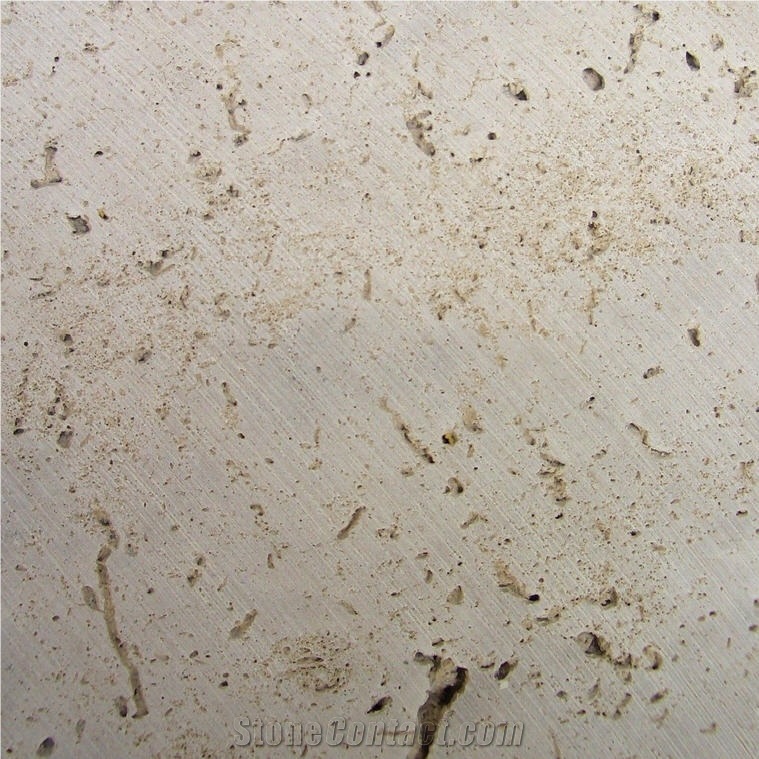Can Mexico's Antigua Coral Stone be used exterior applications in cold climates?
Antigua coral stone can be used for exterior applications in cold climates with proper installation and maintenance. It is a durable and natural stone that can withstand freezing temperatures if installed correctly. However, it is important to consider a few factors:
1. Freeze-thaw cycles: In cold climates, water can freeze and expand, causing damage to porous stones. Antigua coral stone is relatively porous, so proper sealing is crucial to prevent water absorption and potential damage from freeze-thaw cycles.
2. Thickness and installation: Opt for thicker stones for exterior applications in cold climates, as they can handle the expansion and contraction caused by temperature changes more effectively. Additionally, proper installation techniques, such as using appropriate adhesives and grouts, will help ensure the integrity of the stone.
3. Maintenance: Regular maintenance is essential for any exterior stone in cold climates. Remove snow, ice, and debris promptly to prevent long-term damage. Regularly inspect and reseal the stone as needed to maintain its resistance to water penetration.
Overall, with proper installation, sealing, and maintenance, Mexicos Antigua coral stone can be used in exterior applications even in cold climates. However, consulting with a local stone supplier or a professional installer specializing in cold climate regions is recommended to ensure the best results.
Antigua coral stone can be used for exterior applications in cold climates with proper installation and maintenance. It is a durable and natural stone that can withstand freezing temperatures if installed correctly. However, it is important to consider a few factors:
1. Freeze-thaw cycles: In cold climates, water can freeze and expand, causing damage to porous stones. Antigua coral stone is relatively porous, so proper sealing is crucial to prevent water absorption and potential damage from freeze-thaw cycles.
2. Thickness and installation: Opt for thicker stones for exterior applications in cold climates, as they can handle the expansion and contraction caused by temperature changes more effectively. Additionally, proper installation techniques, such as using appropriate adhesives and grouts, will help ensure the integrity of the stone.
3. Maintenance: Regular maintenance is essential for any exterior stone in cold climates. Remove snow, ice, and debris promptly to prevent long-term damage. Regularly inspect and reseal the stone as needed to maintain its resistance to water penetration.
Overall, with proper installation, sealing, and maintenance, Mexicos Antigua coral stone can be used in exterior applications even in cold climates. However, consulting with a local stone supplier or a professional installer specializing in cold climate regions is recommended to ensure the best results.
 Mexico
Mexico















